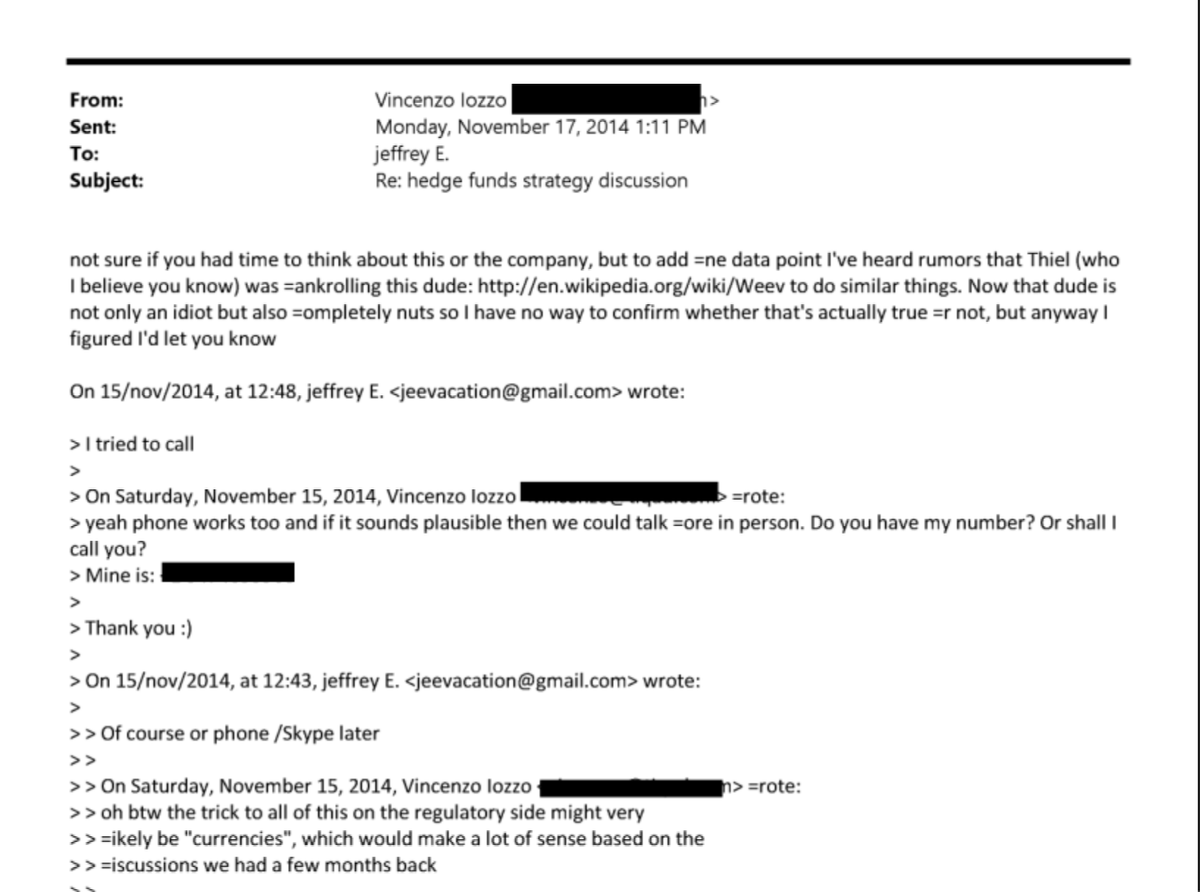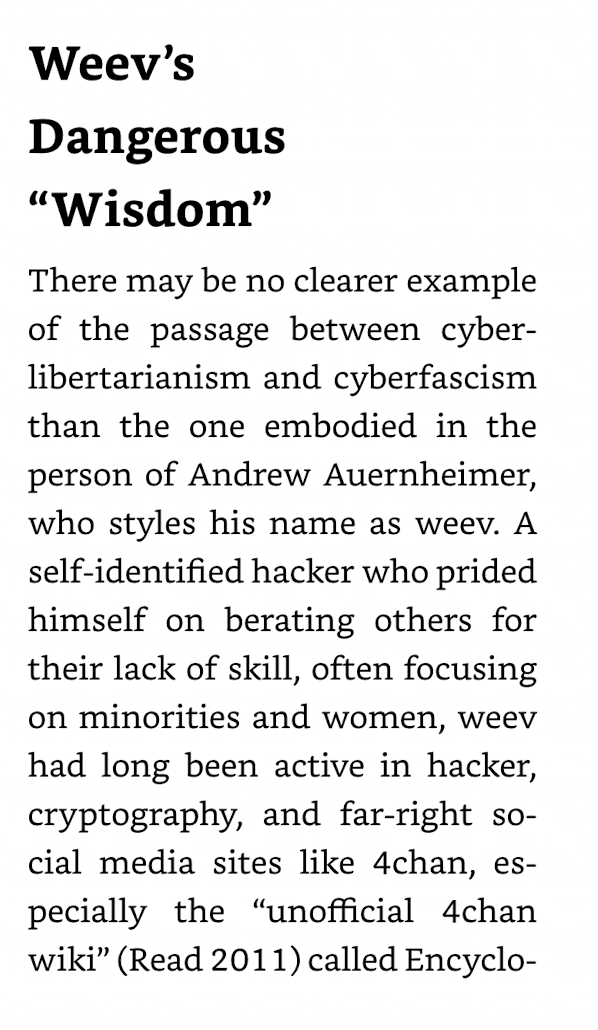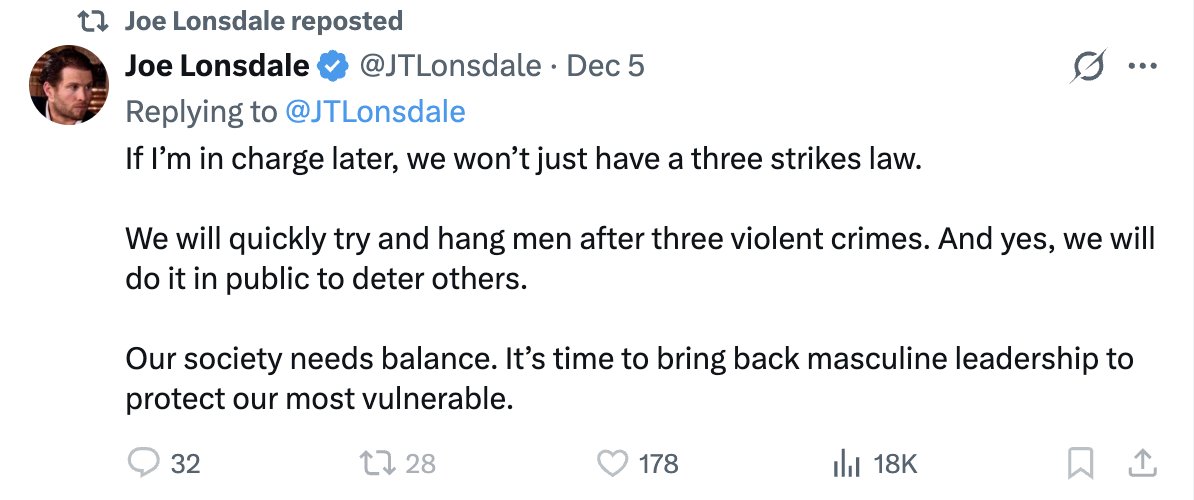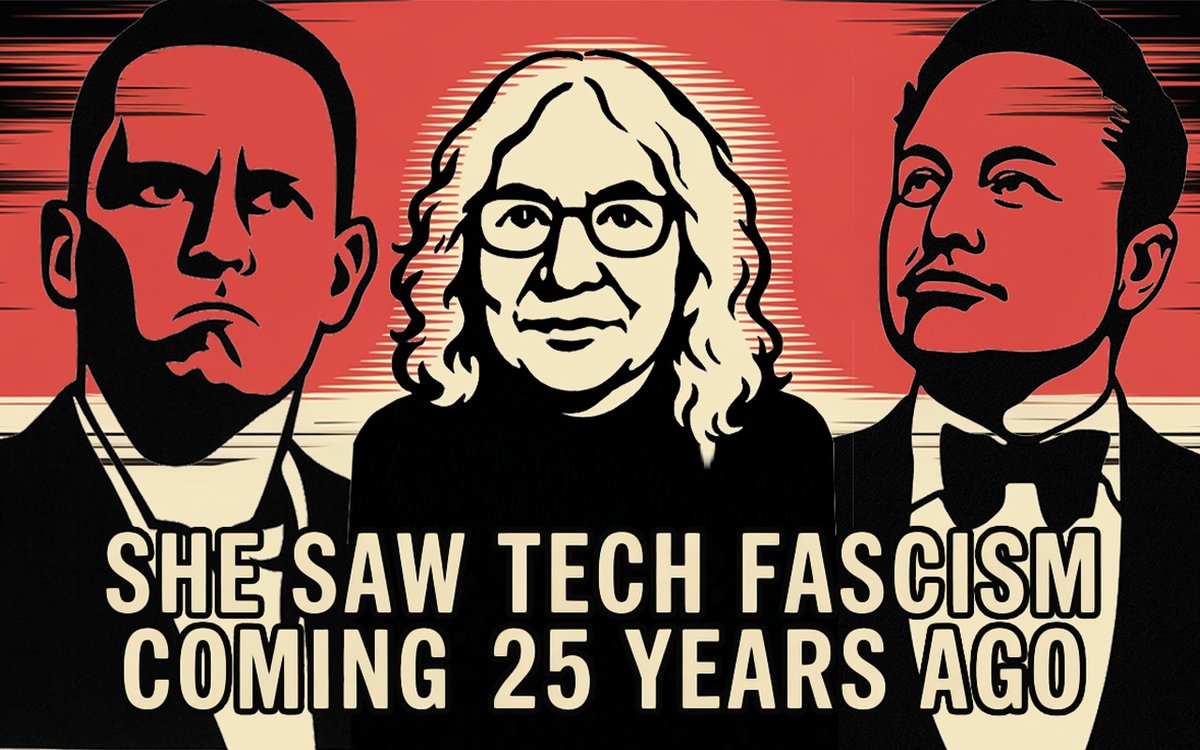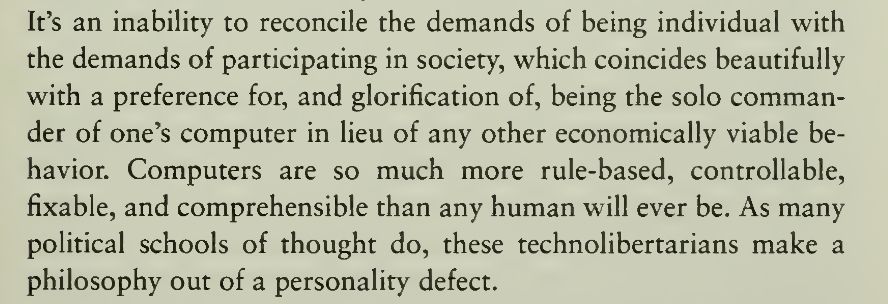1. How Fascism Works (from the book by Dr. Jason Stanley):
The Mythic Past: Fascist politics invokes a glorified, mythological past that has supposedly been destroyed or undermined by liberal, foreign, or otherwise corrupting influences.
The Mythic Past: Fascist politics invokes a glorified, mythological past that has supposedly been destroyed or undermined by liberal, foreign, or otherwise corrupting influences.

2. Propaganda: The use of propaganda to manipulate or control the public narrative is a hallmark of fascist politics. This often involves the use of misleading or blatantly false information to shape public perception. 

3. Anti-intellectualism: Fascist movements often distrust intellectuals or the academic establishment, viewing them as part of the corrupt or degenerate elite, and as a threat to the "common sense" of the people. 

4. Unreality: The creation of a disorienting, alternate reality through the repeated assertion of falsehoods, conspiracy theories, and the blurring of fact and opinion. 

5. Hierarchy: The belief in a natural social hierarchy, as well as the supremacy of certain groups over others based on race, ethnicity, or nationality. 

6. Victimhood: Fascists often position their in-group as the victims of an injustice perpetrated by out-groups, thereby justifying any action taken against these supposed enemies. 

7. Law and Order: A strong emphasis on law and order, often as a pretext for suppressing political dissent and marginalizing minority groups. 

8. Sexual Anxiety: The exploitation of sexual anxiety as a way to rally support for fascist causes, often through the control and subjugation of women's bodies and the demonization of others' sexual practices. 

9. Sodom and Gomorrah: The portrayal of cosmopolitan or urban areas -- cities -- as places of moral decay, in contrast to the purity of the rural or traditional heartland. 

10. "Arbeit Macht Frei": The glorification of work and the stigmatization of those perceived as not contributing to the labor force, often used to target minority groups or the unemployed. 

Read the whole darn book! Worth every bit of your time and money. bookshop.org/p/books/how-fa…
• • •
Missing some Tweet in this thread? You can try to
force a refresh


